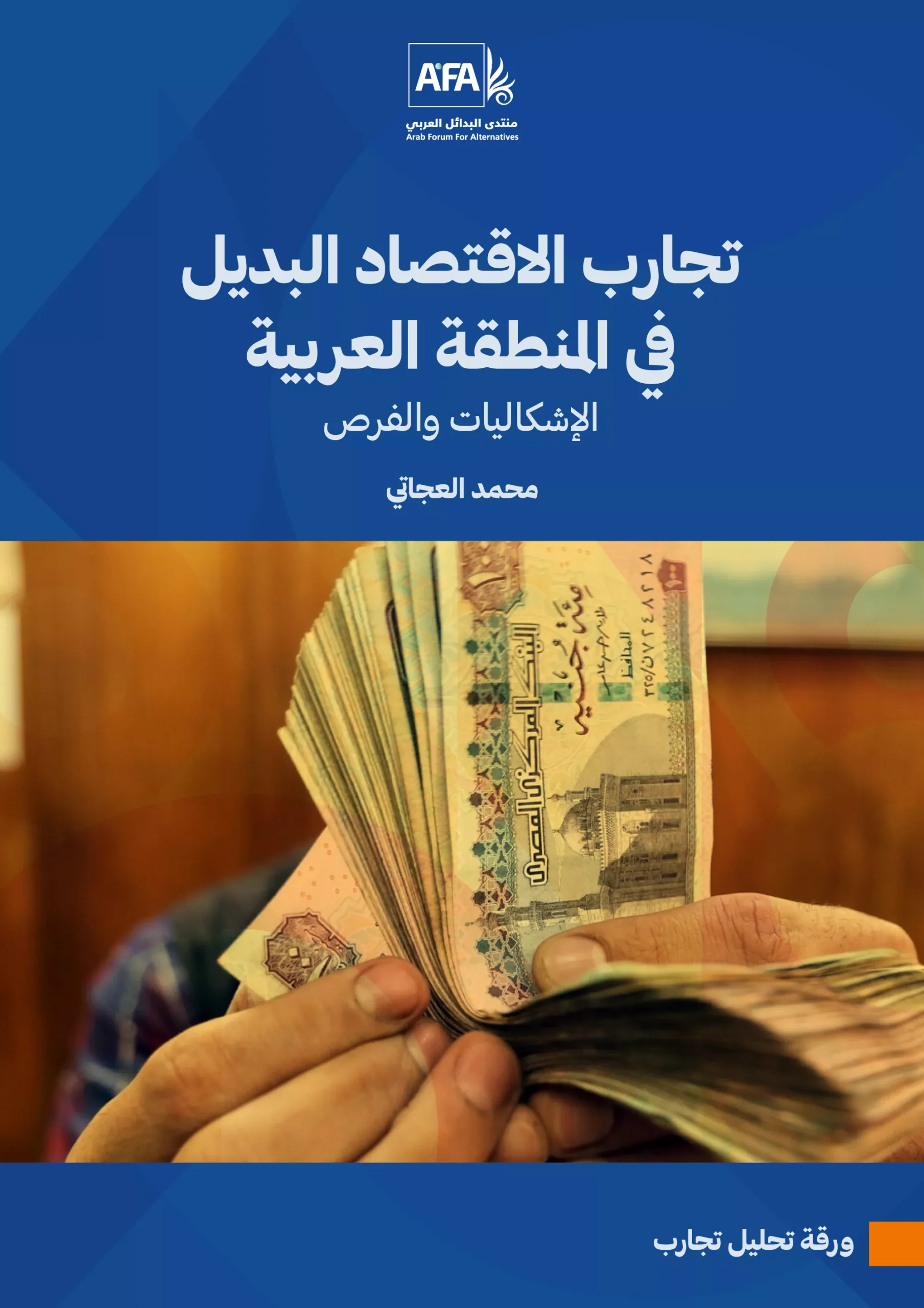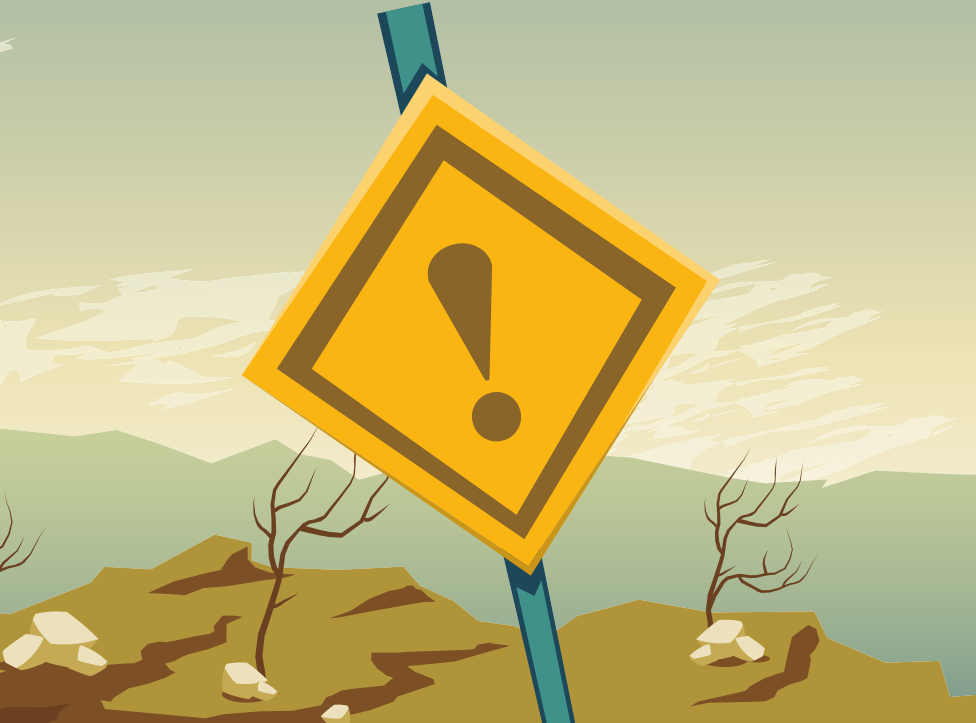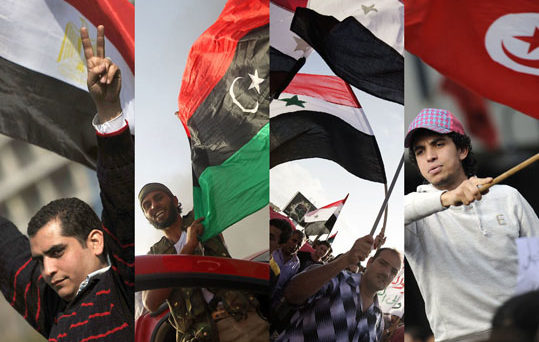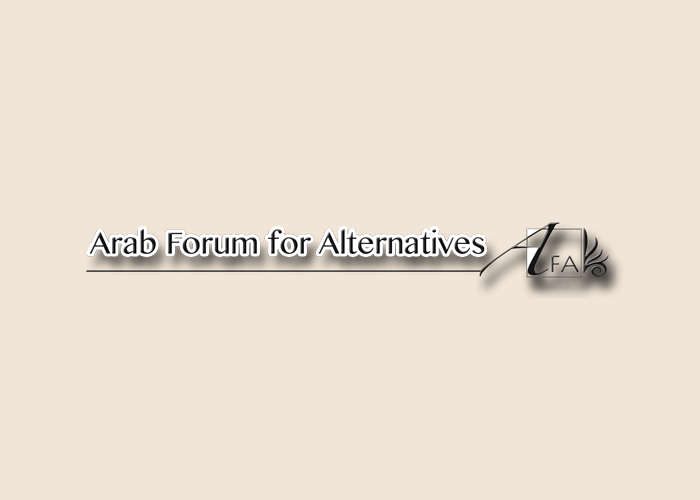Decentralization and socioeconomic rights in Arab Countries summery
Shorouk Al HaririEgypt ,Lebanon ,Morocco ,SudanLocal governance systems in Arab countries vary in names, historical trajectories, and practices, but they all intertwine with economic and social rights. The Arab Network for Young Researchers in Economic and Social Rights has recently released a booklet titled “Decentralization and Economic & Social Rights”, offering an in-depth analysis of the connection between decentralization and economic and social rights in Morocco, Egypt, Lebanon, and Sudan.






